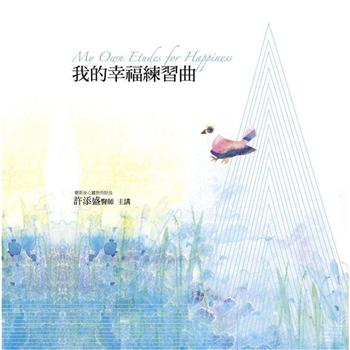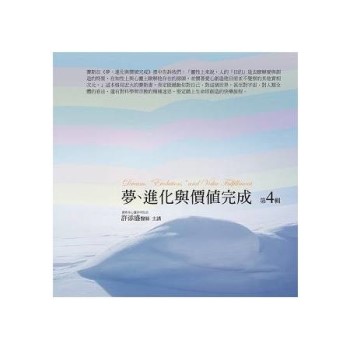Yang explores the use of crowdsourcing in translation within the Chinese context, focusing on Yeeyan - the largest online translation community in China. As one of the world’s largest markets for language content consumption, China experiences significant demand for translation services. Yeeyan, a pioneer among amateur translation communities in China, offers an autonomous environment where the public collectively determines the content they wish to import from foreign languages.
The book conducts a holistic evaluation of crowdsourcing translation using a multidimensional analytical framework, emphasising the interrelations among agents, processes, products, and crowdsourcing environments. Using the Yeeyan community as a case study, the book investigates the motivations behind participation in Yeeyan, the quality of translations produced, the extent to which this quality can be controlled, and how learning occurs through their participation. The analysis includes the two primary types of projects facilitated by Yeeyan - article translation for knowledge-sharing and book translation for commercial publication. Additionally, Yang explores the emerging field of crisis translation - assessing the applications of crowdsourcing in disaster contexts and exploring the ethical implications involved. Drawing on empirically informed results, the book proposes recommendations for the effective design and organisation of crowdsourcing translation projects and elucidates how such initiatives can be optimally utilised in both translation production and translation training endeavours.
This book is a valuable contribution to the field of translation studies, offering a detailed examination of crowdsourcing translations and the participatory culture of the Chinese internet.











